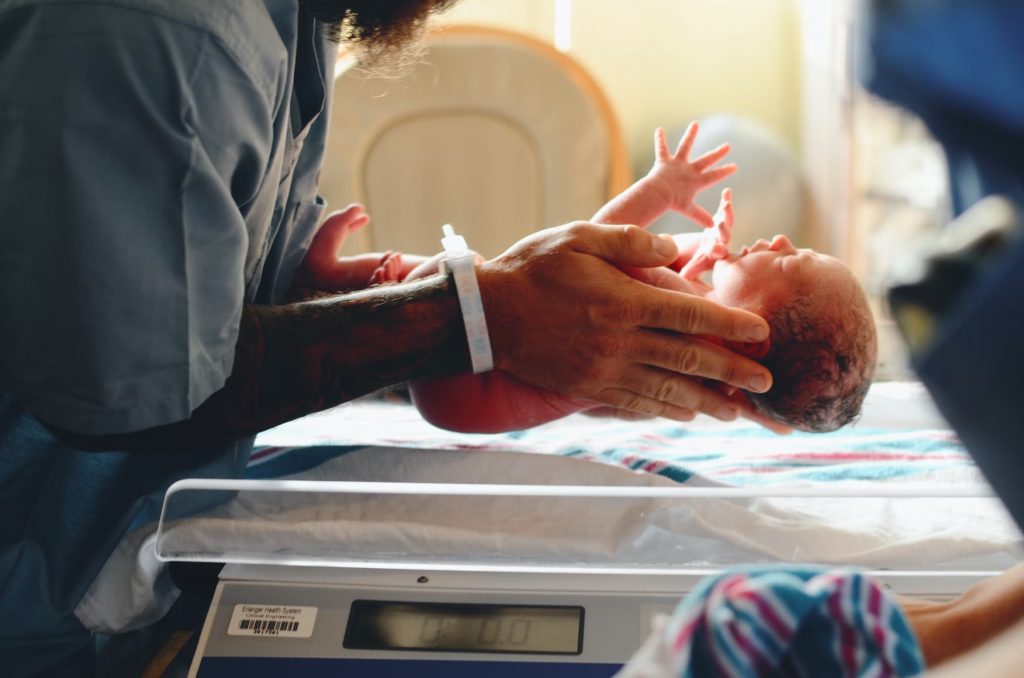Group B Streptococcus (GBS) is a type of bacteria that can be found in the digestive tract, genital area, and/or rectum of both men and women. While GBS is usually harmless, it can cause serious illness in pregnant women and their newborns. Each year in the United States, GBS is responsible for approximately 3,000 cases of infection in newborns and 100 infant deaths. Pregnant women who are infected with GBS may experience no symptoms at all, or they may have mild flu-like symptoms such as a fever or chills. However, GBS can also cause more serious problems such as pneumonia, sepsis (a blood infection), or meningitis (an infection of the lining of the brain). These infections can be very serious, and even life-threatening. Newborns who contract a GBS infection often develop symptoms within the first few days of life. These can include difficulty breathing, feeding problems, irritability, lethargy, seizures, and/or an abnormal cry. If your baby shows any of these signs, it is important to seek medical help immediately.

How does GBS affect pregnant women
Group B strep is a type of bacteria that can live in the intestines, vagina, or rectum. It’s usually harmless, but it can cause serious problems for pregnant women and their babies. If you’re pregnant and have GBS, there’s a good chance that you’ll pass it to your baby during childbirth. This can lead to a serious infection called neonatal sepsis. Symptoms of neonatal sepsis include fever, difficulty breathing, and low blood sugar. If not treated quickly, neonatal sepsis can be fatal. Fortunately, there’s a simple test that can tell if you have GBS. If you’re found to be positive, your doctor will likely give you antibiotics during labor to help prevent your baby from getting sick. Group B streptococcus (GBS) is a common bacteria that can be found in the intestines, urinary tract, and vagina of healthy women. Although most women carry GBS without any symptoms, GBS can cause serious illness in newborns. Newborns who become infected with GBS may develop sepsis (a blood infection), pneumonia (lung infection), or meningitis (inflammation of the brain and spinal cord). These infections can be very serious, and even deadly.

Fortunately, Here are some maternity care guides for pregnant women. There are steps that pregnant women can take to help prevent their babies from getting GBS. The Centers for Disease Control and Prevention (CDC) recommends that all pregnant women be tested for GBS between 35-37 weeks of pregnancy. If a woman tests positive for GBS, she will likely be given antibiotics during labor to help protect her baby. In some cases, a baby may need to be treated with antibiotics after birth if he or she shows signs of infection. By being aware of the risks associated with GBS and taking steps to prevent infection, parents can give their babies a healthy start to life.

How does GBS affect adults?
If you’re a pregnant woman, you’ve probably heard of Group B Streptococcus (GBS). This common bacteria is usually harmless, but it can cause serious illness in newborns. GBS is usually passed to babies during childbirth. It can cause pneumonia, meningitis, and sepsis (a blood infection). These illnesses can be deadly, but they can be treated with antibiotics. Adults can also get sick from GBS, but this is rare. When it does happen, GBS can cause pneumonia, skin infections, and urinary tract infections. GBS can also cause sepsis, but this is more common in people who are hospitalized or have other health problems.


